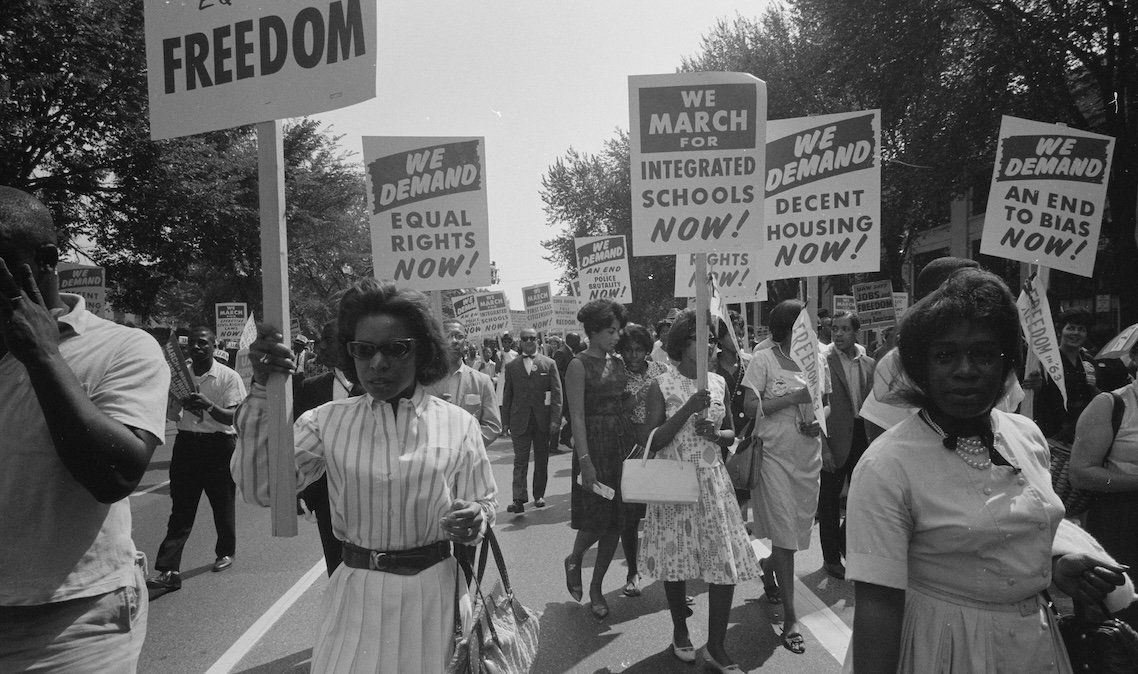A measure of the thoroughness of the Trump reset is the overturning of Executive Order 11,246, which has been operative since it was signed by President
Lyndon Johnson in 1965. Part of Johnston’s civil rights agenda, the order prohibited discrimination based on race, color, religion, national origin, and sex by companies that receive federal contracts.
Conservatives complained that the order led to cumbersome and unfair bureaucratic rules, but no president since Johnson wanted to face the political fallout that would come from repealing it. That changed on Tuesday, when Trump superseded it with his own executive order, part of a government-wide push against DEI — diversity, equality, and inclusion, policies that MAGA supporters say are unfair to whites.
If anyone wondered whether he was serious, his government also ordered all DEI employees to go on paid leave by the end of the day on Wednesday and ordered federal scrutiny of corporate DEI programs.
There will be court challenges, but their outcomes are uncertain, and there is a shift underway in corporate policies toward so-called color-blind hiring. Some big companies — including Lowe’s, Meta, Amazon, and McDonald’s — are already backing away from DEI programs, but other firms, including Costco, Apple, and Microsoft, have declined, saying their employees expect their programs.
Those calculations may change when the federal government launches regulatory action, and the pressure is unlikely to let up until someone else is in charge in Washington.
